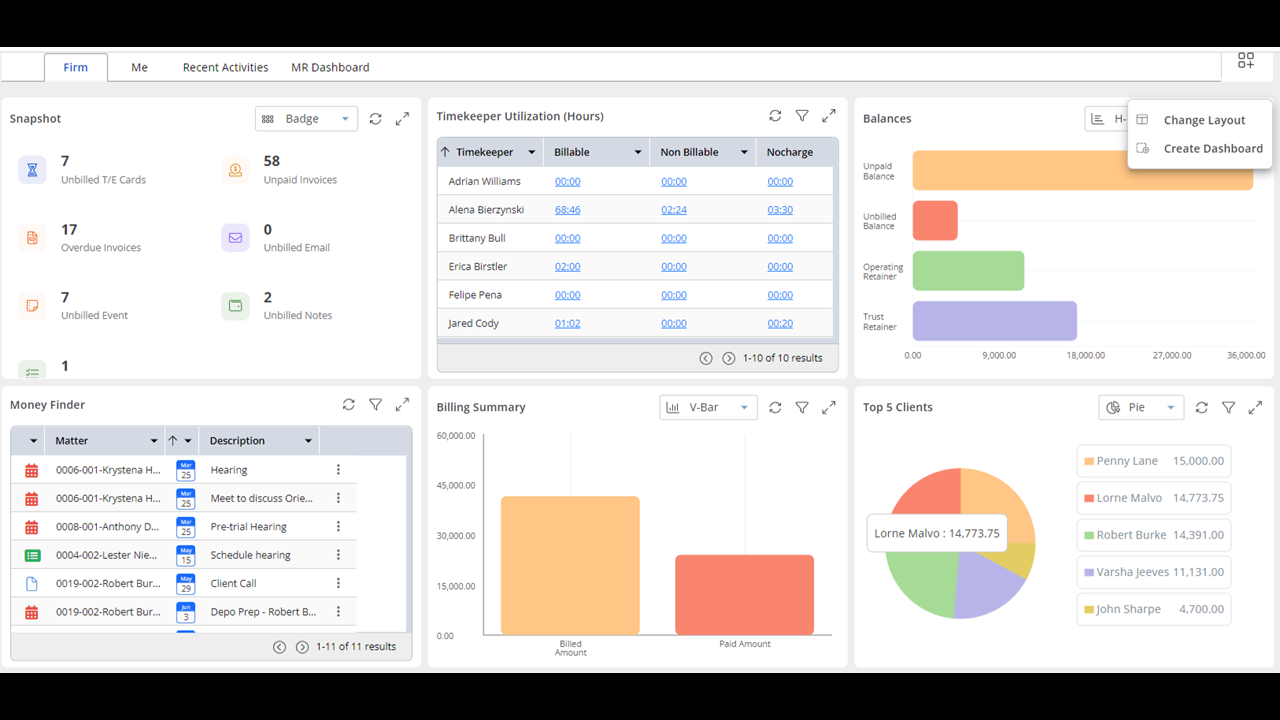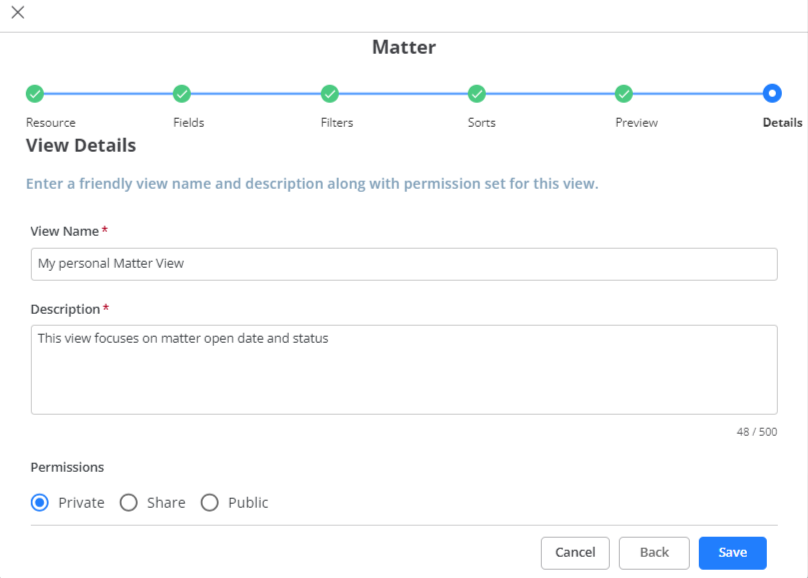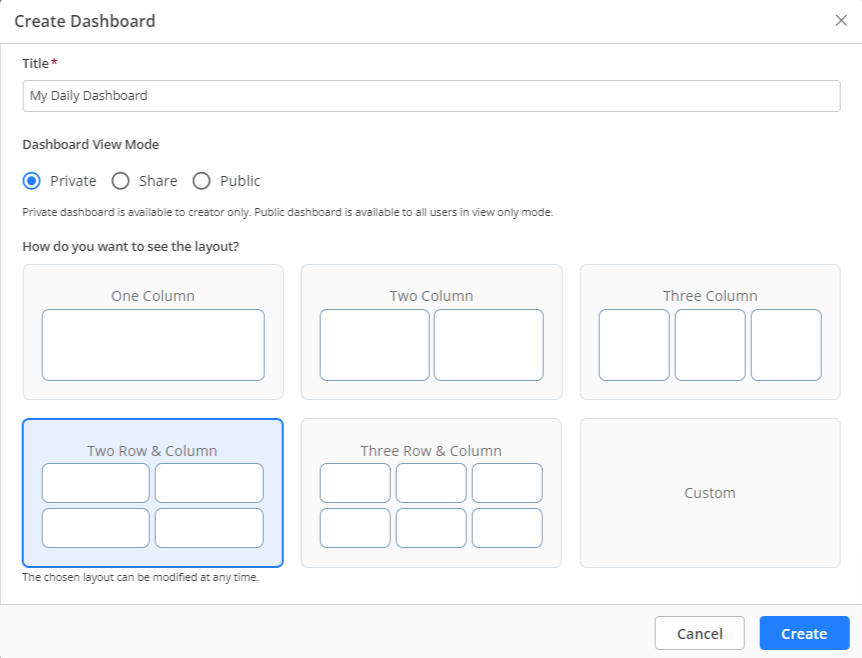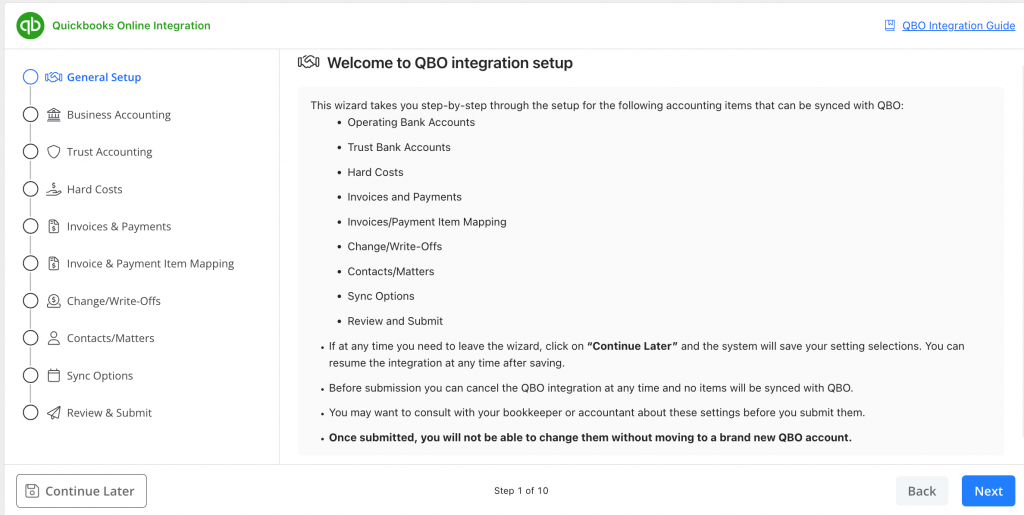The law practice management platform Rocket Matter this week rolled out the next generation of its software, a “reimagined” version of the product that emphasizes flexibility and customization to meet the varying needs of different law firms and different practice areas.
When it launched in 2008, Rocket Matter was one of the first of a new breed practice management systems to be based in the cloud. The platform continued to evolve over the years, and in 2020, it was acquired by ProfitSolv, which also owns the practice management products CosmoLex, TimeSolv, Tabs3, and Orion, along with other legal products for e-payments, marketing and document sharing
“Since Rocket Matter introduced the first cloud-based legal PMS back in 2008, it’s been a force in the industry for helping lawyers become more tech-forward and achieve the efficiency needed to grow revenue and scale business,” said Ajay Khatri, general manager of Rocket Matter.
“This modern platform was developed directly from feedback and conversations with lawyers who gave us insight into how to make their professional lives easier.”
Exclusive: Watch this LawNext PR podcast interview about Rocket Matter NextGen.
Rocket Matter NextGen, as the company is calling it, maintains all the features of the product, including timekeeping, accounting, payments, matter management, and more, but updated to meet the contemporary needs of law firms.
The updated version includes enhanced integration with QuickBooks Online and “bank-level” SOC 2 compliant security certification, while continuing to offer robust customer support, the company says.
One of the highlights of the new Rocket Matter is its flexibility, the company says. It includes highly flexible matter workflows based on specific practice areas, along with in-dashboard and report views. It is also more customizable than ever, while still being easy for firms to implement, learn, and use.
The platform is suitable for solo, small, midsized and large law firms, the company says. It works on both Mac and PC computers and across desktop, tablet, and mobile devices.
 Robert Ambrogi Blog
Robert Ambrogi Blog


